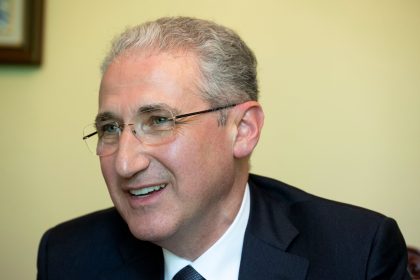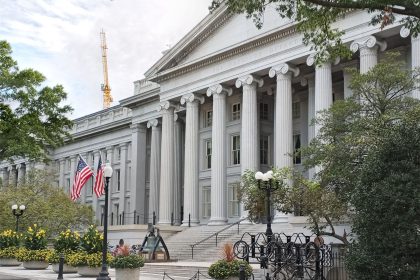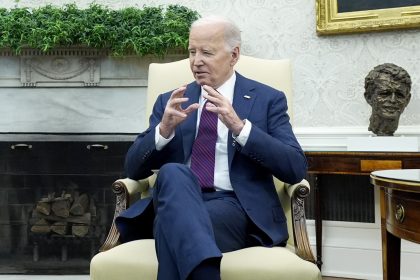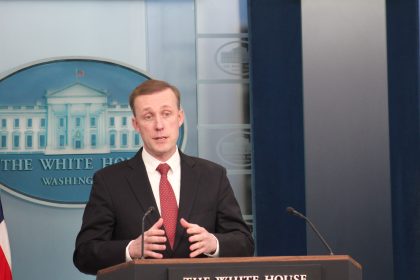Lantern Rescue Seeks to Put an End to Human Trafficking
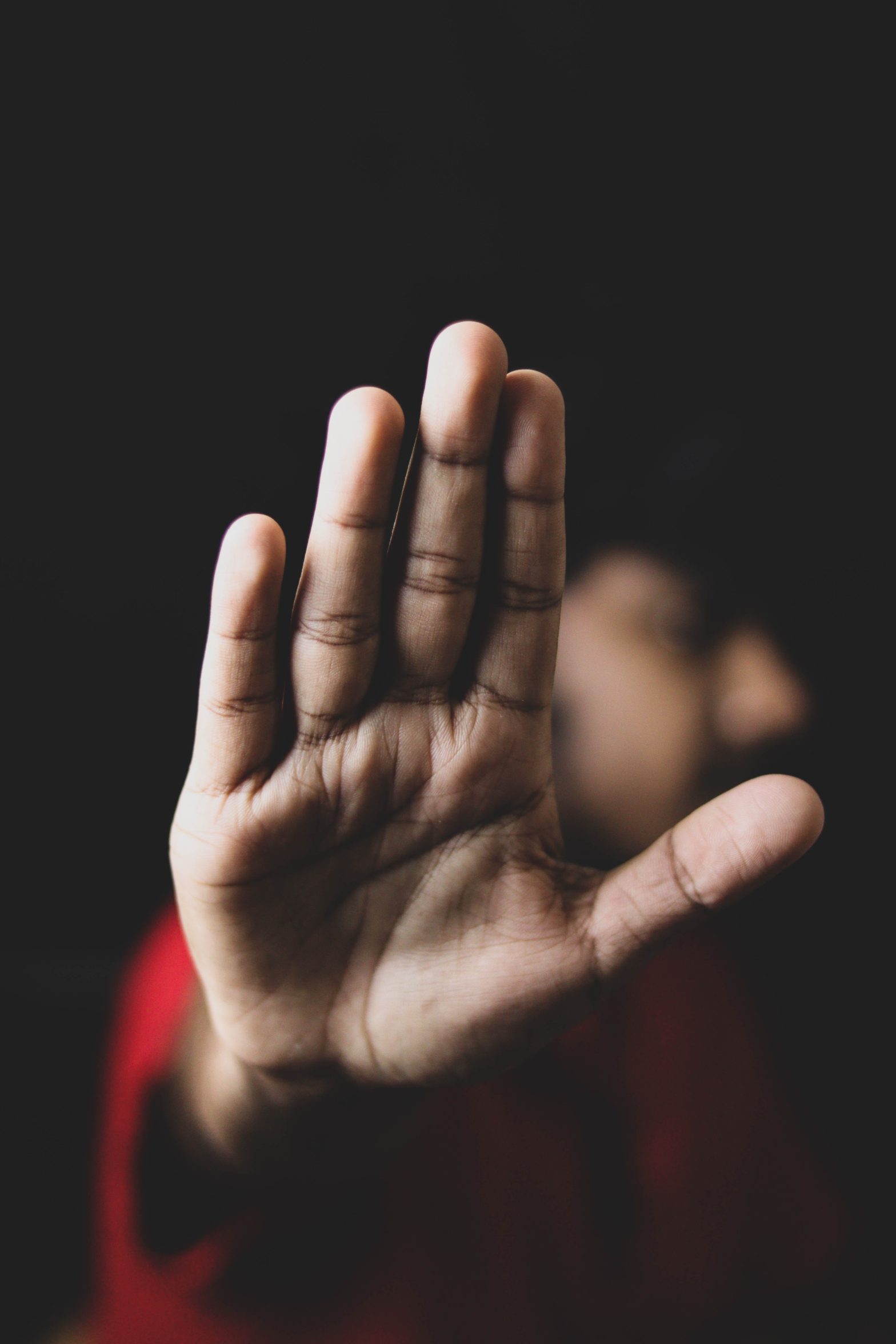
ASHEBORO, N.C. — It started, as so many of the larger cases do, as a single undercover operation.
For years, the Dominican Republic has been known to have two classes of sex-working establishments.
One class, very public and fairly regulated, is one in which sex workers, for whatever their reasons, have chosen their profession.
As sad as some might see the trade, because of the official controls in place and the watchful eyes of law enforcement and others, rarely if ever is an underage girl found to be working in such an institution.
Then, there are the other establishments.
“These are not the kind of places where you walk into a bar and start talking to a girl, right?” Austin Shamlin, director of Operations for Lantern Rescue, a North Carolina-based nonprofit, told The Well News the other day.
“Most of the time, these ‘other’ establishments are operated kind of like a seedy apartment complex, with girls being locked into rooms,” Shamlin said.
In this case, Lantern Rescue, an anti–human trafficking organization, had gotten a tip that some very unsavory things were occurring at a specific location.
A nine-month investigation by Domincan authorities followed, with the help of Lantern Rescue’s Human Trafficking Task Force, and by the time they were ready to act, under the umbrella of “Operation Cattleya,” simultaneous raids at 14 separate locations were to be executed.
In all, more than 200 agents from the Dominican National Police were involved, as were investigators and prosecutors from the Dominican Republic attorney general’s office.
By the time the dust settled, 83 women between the ages of 17 and 30 had been rescued as a result of the raid, all of them now being cared for by Lantern Rescue and the attorney general’s office.
Though the case against the 14 or so accused human traffickers who allegedly enslaved the women has yet to go to trial, Shamlin said the prosecutor is looking to get at least 20 years behind bars for some of the individuals involved.
“So they are going after heavy sentencing and they’ll probably get it,” he said. “I mean, this is a very good case and we gathered a lot of good evidence.”
Whitney Miller, public engagement director for the Lantern Rescue Foundation, later explained that the nonprofit currently works in eight different regions of the world. Its focus is to create a sustainable model to counter human trafficking in the countries within them.
“So what that looks like for us is partnering with local governments and law enforcement agencies to create sustainable change,” Miller said.
“That begins with building networks and connections within the governments there, helping train their law enforcement in the tactical things, and bringing those activities to such a point that when we do rescue the girls, there’s an element of prosecution that will happen for the bad guy,” she said.
“We’re not a group that’s going to go in, kick some doors down, grab some women and children and say great, we’ve saved the day,” Miller added. “What we’re striving to do is create something that’s sustainable and going to outlast our time there.”
Grappling With Words
While many of us have an idea of what human trafficking is, Shamlin said the most overused phrase in the human trafficking world is probably “human trafficking.”
“I mean, domestically, law enforcement and prosecutors use that term for prostitution, and truthfully, it’s almost lost its value due to overuse,” he said. “The reality is, when we talk about real human trafficking, it’s not like the movie ‘Taken.’ It can be anything from sex trafficking to forced labor, and it can look a lot different in different places in the world.”
“What it all comes down to, the common denominator, is that for a certain class of criminal, people have become a new form of currency,” Miller said.
“And the only way to stop that is if there’s a prosecution that’s going to occur, in the right country, because then we’re disrupting the supply chain and cutting off the supplier,” she said.
“Sex trafficking probably gets the bigger play on the news, but there are so many elements [in] it, whether it’s forced labor, forced marriages, and on and on,” Miller added.
“Human trafficking is everywhere, literally,” Shamlin said. “As we speak, I’m actually in Bogotá, Colombia, following up on our case from the Dominican Republic, and what you find moving from country to country and region to region is that there really is no such thing as a drug cartel anymore. Everything is organized crime. … Transnational organized crime … and it’s into anything these organizations can use as a commodity whether its stolen phones or human beings. Anything they can make money on, they are going to do.”
Shamlin said as the Dominican Republic investigation unfolded it led investigators to a number of other nations, including the aforementioned Colombia, Spain and Peru.
“And that’s why I think our terminology needs to be better in communicating to the public what this is. … Some people wrongly assume human trafficking is somethnig that occurs primarily south of the equator … others think you’re talking about forced labor, others think you’re primarily [talking] about prostitution … so it would probably help to come up with a new phrase for each of the elicit industries we’re talking about.
“For instance, our organization primarily deals with sex trafficking, but my boss, right now, is in Nepal … dealing with labor trafficking. We also deal with child sexual exploitive material … assisting law enforcement entities with how to identify it and write up those warrants and get prosecutions.”
Shamlin said as a general rule, Lantern Rescue will go into a country and try to identify gaps in the local law enforcement’s handling of human trafficking.
“One reason we’re not active in the United States is that law enforcement in the United States is very, very capable of handling these situations; the challenges arise in other countries,” he said.
“For instance, here in Colombia the biggest gap we’ve identified in the last 24 hours is that there’s a lot of bureaucracy here. So we’re explaining that there are faster ways for us to communicate with one another and to act on the information being gathered.
“But every place we are involved in works a little differently and our role is different. In West Africa, we do a lot of interdiction. In Haiti, we do a lot of training. In the Dominican Republic, we’ve done both training and investigations.
“Regardless of where we are, if a case is going to prosecution, we always try to help those investigators get it to a U.S. standard,” Shamlin said. “Guilty beyond a reasonable doubt.” In a lot of the countries that we work in, they don’t have that threshold, but we’re trying to build them up so that they can win any case that’s brought, no ifs, ands or buts.”
Active on the Ukraine Border
Over the course of the past year, Lantern Rescue has played a slightly different role on Ukraine’s border with Poland. There, virtually from the start of Russian President Vladimir Putin’s invasion, the organization has been feeding between 500 and 600 people per day while performing assessments geared to preventing the refugees from becoming trafficking victims.
“A lot of it is trying to determine the best thing to do for these young women and children who are coming across the border with no support system and determine what they need to stay safe,” Shamlin said.
Miller said part of that effort is helping other authorities at the scene better understand what trafficking looks like and how to intervene if they believe it is occurring.
“So Ukraine is a place where we stepped into a kind of unique role for us, more on the humanitarian aid side, and we’ve stuck around and been there to help continue facilitating resources to the people who need them,” she said.
In most of its work, Lantern Rescue works with other nongovernmental organizations to deal with the so-called “after care” following an intervention. In the case of the raids in the Dominican Republic, the organization has taken a more active role.
“We wanted to make sure that we were not just releasing them back out to being exploited again,” Shamlin said. “So we found people to provide the women and girls with housing and one of our partners wrote a fairly large check to ensure they were all taken care of medically — I think they even brought in a dentist to look after their teeth.
“This is something that we don’t typically do, but there was a need for it,” he continued. “So we stepped up and we’re working with African partners, we’re working with the governments in Colombia and in the Dominican Republic to ensure that these girls are getting the services that they need to rehabilitate themselves and go on with their lives.”
Raise a Voice
Asked how the public can help support Lantern Rescue’s mission, Miller said, “to be totally honest, the best way to further our mission is to donate generously.”
“I know that sounds like a cliche, but unfortunately, at the level that we operate, that’s key. I mean, we always have people who volunteer to be door kickers, right, and that’s great. I’m appreciative of the heart and the will that are evident in wanting to serve in that capacity. There’s a high level of vetting and a lengthy vetting process before anyone works for our organization … and that’s to ensure that we don’t bring the wrong person into the mix. That’s a line we just can’t cross.
“So donating and lending their voice to the cause, those would be the big ones,” she said.
Shamlin agreed.
“There are a lot of great folks out there that want to donate their hard work and money to organizations whose work they believe in, but just like you hear after a national disaster, it’s critically important that they fully vet the organization that they are considering giving to … I mean, I’m a little biased about our organization, but there are a lot of organizations in this industry that are not doing the right thing.
“And I think Whitney is absolutely right in saying a big way to help is for people to volunteer their voice,” he said. “Whether that means calling their national or local leaders, it helps us when they share the message that this issue, human trafficking, should be a national concern.”
Dan can be reached at [email protected] and @DanMcCue
Editor's Note: Austin Shamlin is no longer with Lantern Rescue.



















